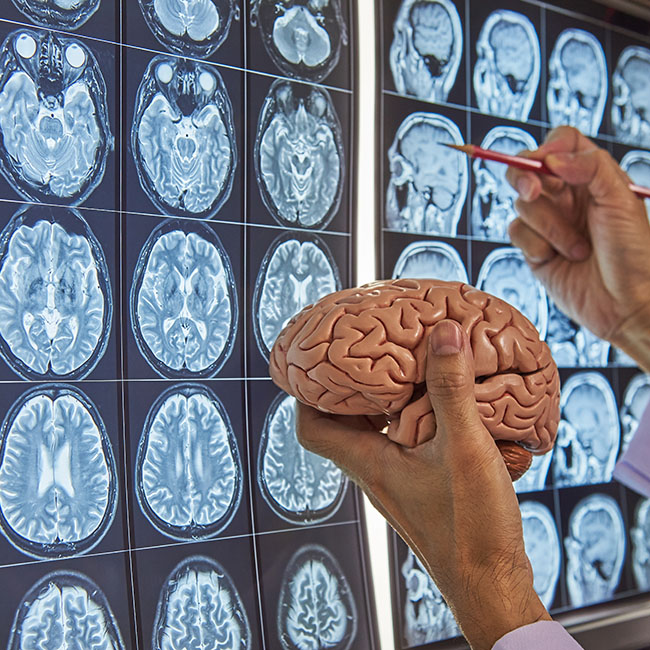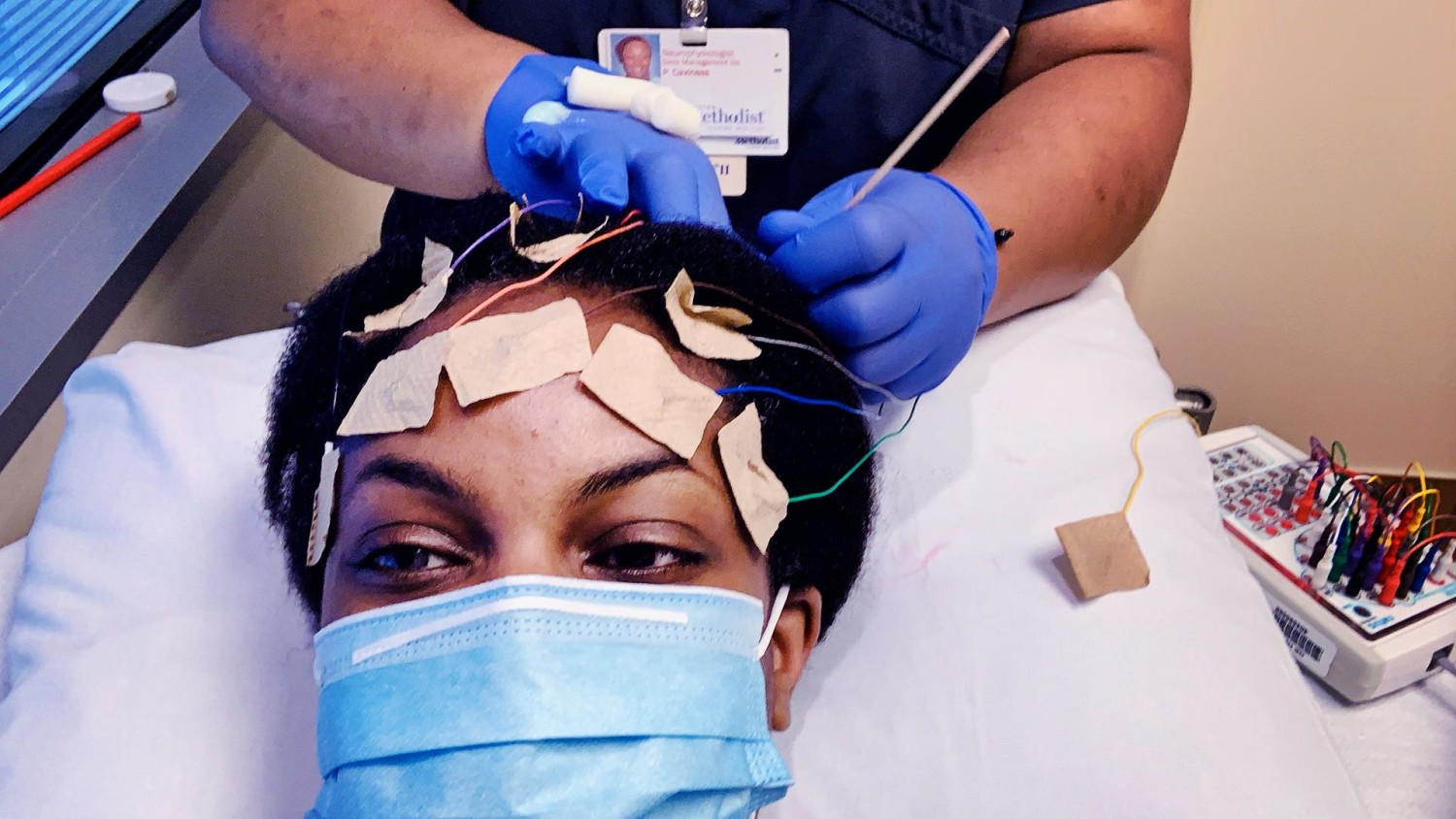"How Cancer Can Impact Your Memory and Focus"
Malignant growth is an extraordinary determination that influences the body in significant ways. While much consideration is given to the actual difficulties of malignant growth, like agony, weakness, and therapy aftereffects, many individuals may not understand that disease can likewise influence mental capabilities, including memory and concentration. This peculiarity, frequently alluded to as "malignant growth related mental hindrance" or "chemo mind," is a typical yet under-examined insight among disease patients and survivors. In this article, we will investigate what disease means for memory and concentration, the expected causes, and systems to adapt to these difficulties.
- Understanding Malignant growth Related Mental Disability
- Understanding Malignant growth Related Mental Disability
Disease related mental debilitation (CRCI) envelops a scope of mental changes that can happen during or after malignant growth treatment. Normal side effects include:
Trouble focusing or zeroing in on undertakings
Neglect and memory slips
Battling to track down the right words during discussions
More slow handling of data
Inconvenience performing various tasks or sorting out considerations
These mental changes can shift in seriousness and length. While certain people experience gentle side effects, others find that these hindrances fundamentally slow down their regular routines, work, and connections.
- Possible Reasons for Memory and Center Issues
There are a few factors that add to mental difficulties in disease patients and survivors. These include:
1. Malignant growth Medicines
Chemotherapy is frequently connected with mental changes, prompting the expression "chemo cerebrum." Nonetheless, different therapies, like radiation treatment, immunotherapy, and chemical treatment, can likewise influence mind capability. These medicines can prompt aggravation, harm to solid cells, or hormonal awkward nature, all of which might affect mental capacities.
2. The actual Disease
Specific sorts of disease, especially those that include the cerebrum or focal sensory system, can straightforwardly hinder mental capabilities. Growths in or close to the mind can apply tension on basic regions, influencing memory and concentration.
3. Close to home Pressure and Nervousness
A disease conclusion is in many cases joined by elevated degrees of stress, tension, and sadness. These profound states can fundamentally influence mental capability, making it harder to think, recall data, or remain coordinated.
4. Weariness
Disease related exhaustion is one of the most widely recognized side effects announced by patients. Ongoing weariness can impede mental clearness and cause errands that to require concentration and memory seriously testing.
5. Prescriptions
Torment meds, hostile to queasiness drugs, and different prescriptions used to oversee malignant growth side effects and treatment aftereffects can make narcotic impacts, prompting mental laziness.
6. Hormonal Changes
Disease therapies that influence chemical levels, like those for bosom or prostate malignant growth, can modify cerebrum science and lead to mental changes.
Who is In danger?
While any disease patient or survivor can encounter mental difficulties, certain elements might improve the probability of CRCI. These include:
Age: More seasoned people are more helpless to mental degradation.
Kind of disease: Mind tumors or malignant growths that spread to the cerebrum are especially prone to influence insight.
Sort of treatment: High dosages of chemotherapy or joined medicines might build the gamble.
Prior conditions: A past filled with psychological wellness issues, neurological issues, or substance use can intensify mental issues.
Adapting to Memory and Center Difficulties
Managing CRCI can be disappointing, however there are systems to assist with dealing with its belongings and work on personal satisfaction. Here are a few functional tips:
1. Practice Mental Activities
Take part in exercises that challenge your mind, like riddles, perusing, or memory games. These activities can assist with further developing concentration and memory after some time.
2. Remain Coordinated
Use devices like schedules, organizers, or cell phone applications to monitor arrangements, errands, and updates. Recording things can decrease the psychological burden and limit distraction.
3. Focus on Rest and Rest
Getting sufficient rest is fundamental for mental capability. Lay out a reliable rest routine and establish a loosening up climate to further develop rest quality.
4. Take on a Sound Way of life
Eating a decent eating routine, remaining hydrated, and participating in ordinary actual work can uphold cerebrum wellbeing. Food varieties plentiful in omega-3 unsaturated fats, cell reinforcements, and nutrients can be especially valuable.
5. Oversee Pressure
Practice pressure decrease strategies like profound breathing, contemplation, or yoga. Decreasing pressure can assist with working on mental clearness and concentration.
6. Look for Proficient Help
In the event that memory and center issues continue to happen, consider counseling a neuropsychologist or mental recovery subject matter expert. They can give customized techniques to address your particular difficulties.
7. Speak with Your Consideration Group
Examine mental side effects with your medical services supplier. They might change your treatment plan, suggest prescriptions, or allude you to experts who can assist with dealing with these side effects.
- Long haul Standpoint
For the vast majority disease survivors, mental impedances work on over the long run, particularly subsequent to finishing treatment. In any case, some might encounter waiting difficulties that require continuous administration. Proceeded with examination into CRCI is revealing insight into its causes and likely medicines, offering expect improved results from now on.
- Last Contemplations
Mental difficulties, for example, memory omissions and trouble centering are normal among malignant growth patients and survivors. Grasping the expected causes and executing viable methods for dealing with hardship or stress can assist with relieving the effect of these issues on day to day existence.
Tags:
Cancer disease



